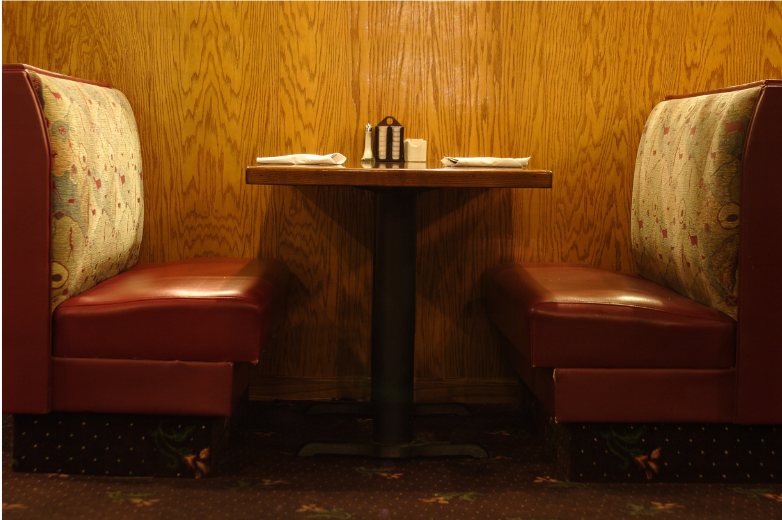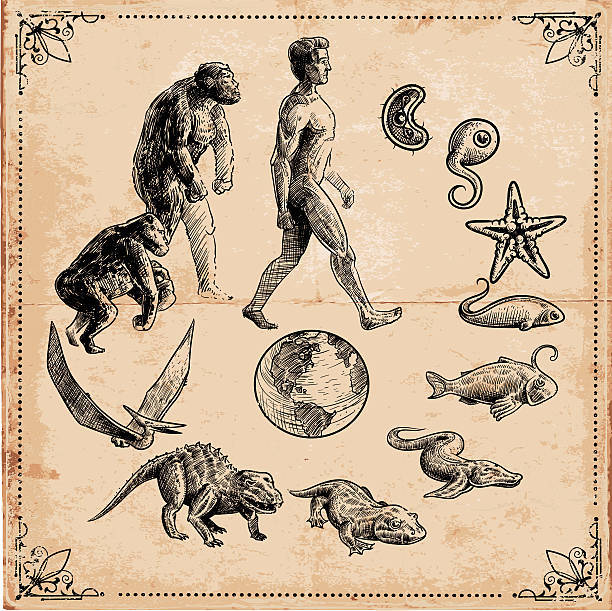Nostalgia and Desire
Dec. 11th, 2023 10:59 pm
Nostalgia is a powerful emotional force that must be held in balance. Advertisers know the power of nostalgia and constantly manipulate it in order to make the masses dance to their will like so many puppets. Burger King's current ads use the garish yellows and browns and puffy, multicolored font I remember from 1980. I have no doubt this is intentional: the success of the TV series Stranger Things opened the floodgates for everything 80s to be resurrected in its kitchy-yet-nihilistic glory. As we speak, chain stores are blaring Christmas music, and most of it is from eras long past despite the ocean of available re-makes of Wham's Last Christmas alone. The onslaught of what I long ago dubbed Exmass Musick began sometime in October. Some stations play it all year, much like the Hallmark channel celebrates Christmas all year. Nostalgia is used as a weapon to overcome the customer's will. Burger King seeks to improve its own bottom line by creating a glamour of the early 80s, when many of us were young and never worried about the quality and quantity of what we ate because we were ten... or we burned it off playing in the snow or at the roller rink.
Nostalgia creates the sense that the grass was greener in the past. Perhaps it was in the Truman Show manufactured astral stage of the imaginary past. Those of us who actually remember the 80s and early 90s (the latest in fetishized eras) recall epic freakouts by Tipper Gore and the Christian Right over 2 Live Crew CDs. Hypocrisy was in full swing as Dee Snider and Gene Simmons pranced about in more makeup than a drag queen has ever worn at one time in single place; these guys were seen as the epitome of straightness. Outside the music scene, every female teenage peer of mine binged, purged, or went for weeks hardly eating at all. One friend ate less than 800 calories a day. She was 5'5" and weighed 95 pounds. I was 4'11" and weighed 110. The young men of my era invented the most awful and hopeless form of slacking: the forgettable Winona Ryder film Slackers was art imitating life, not the other way around. The 80s sucked, and it wasn't for lack of money. If anything, the 80s proved you can have tons of cash and property and be wholly miserable.
One of the curious traits of modern life is the tendency to relocate. Before I continue, a disclaimer: relocating far away in the most literal sense from where you were born and/or grew up can be necessary. Perhaps there were toxic people or a bad environment that essentially forced you to leave for a better life. I'm looking at you, Venezuelan refugees. Seriously, there are many situations where staying put is the worst thing you can do. If you have a stalker, an evil family, or the place where you come from is a bunch of dead ends because you have no affinity for it (nor it for you), then MOVE.
Sometimes it is a matter of the grass looking greener on the other side of the fence. One of the most hilarious anecdotes from my husband’s farmer relatives is the phenomenon of two cows sticking their heads through a railroad tie fence in order to eat the grass on the other side. Clearly the grass is not significantly different on either side of the fence, but try telling that to the cows. Nostalgia paints the past as better than it was, but the shunning of nostalgia combines with mercilessness and almost inevitably results in relocation. I am one who lives in the same geographical area I have lived in since I was born. My parents bought their house in 1965 and my mother, now a widow, still owns and lives in that house. Everyone I knew from my childhood, with very few exceptions, has relocated. My own birthmother, a third-generation Japanese American, now lives in Thailand with her third or fourth husband. My brother's mom was from Thailand. My husband's relatives scattered across the US; not one still lives in Illinois. Many of my students were either born in India or have parents who were born in India.
People do not stay put if they can help it, but maybe they should. Running away from nostalgia refuses to see the past for any of its good aspects. One of the challenges of incarnation (as I see it, anyway) is to appreciate the good more than we hate the bad. Humans are not wired to remember the good and the positive: this is a function of evolution. If we only remembered the positive, sweet, happy moments of life, we would never have made it out of the savannas of prehistory. Without the painful memory of a mother, sister, father, or brother getting chomped by a sabretooth tiger, we too would quickly end up as an obligate carnivore's lunch. So we remember pain, suffering, and negativity because we must in order to survive. When times aren't as dangerous, the evolutionary fixation on the negative acts like a booby trap. Negativity loves to build and avalanche, and the soft modernite who has no tiger to escape faces down other beasts in the form of inner demons.
To run away is to create a boogeyman of nostalgia: the old ways become abhorrent, the old place a hell from which one must escape. Yet every Mexican in my neighborhood, years after hopping the border legally or illegally (I neither know nor care; not my circus, not my monkeys) celebrates Mexican Independence Day like that s**t is about to be illegal. Flags, full mariachi bands, catering. Why? If that place was so great, why did they leave? Don't get me wrong, I love those celebrations despite not being invited or participating. I wouldn't have it any other way. Mexican Independence Day reveals the complex emotions of nostalgia: as the spirit of the North American land seeps into their children, they recreate the traditions of the lands they left behind.
When imbalanced, nostalgia triggers fear of death and dying. Whether someone runs away from nostalgia or wallows in it, there is often a deep fear of intimacy and loss. To run from home and never come back means that you don't have to face the sinking feeling of angst when you see the school building where your best friend betrayed you. You don't have to turn a corner to face a familiar vista that was your constant view when you were severely depressed. You don't have to stay involved on a day-to-day basis with family who disappointed you or who failed to defend you as they should have. They are remote; though you may talk to them every few weeks, they might as well live on a different planet as you will never see them again outside of the occasional visit, Zoom call, or funeral.
Collector Guy: The Nostalgia Freak
The equal and opposite problem of avoiding nostalgia involves wallowing in nostalgia. Depression can easily have its roots in excessive nostalgia, or that idea that the grass used to be greener back in the day. Once again, there is a deep fear attached to intimacy and loss, but it spins towards the opposite affliction of sentimentality. During ostensibly happy moments, the nostalgia addict cannot live in the now because he is far too busy worrying about a future that will never be quite as good. He is highly likely to be a packrat, hoarding mounds of stuff both in his home and perhaps in storage facilities. He is quick to jump into human relationships and exceptionally sad and bitter if they do not work out. Because he is so quick to attach and so passionate in throwing himself away for the sake of the other who represents his dream, he becomes vampiric without knowing it. He wants his perfect vision of nostalgic paradise and will force the foot into the slipper with or without toes and heels (or bankruptcy). He spends untold amounts of time and money trying to recreate an imagined past. He is the best of consumers; he is the dude all those ad execs at Burger King and the Exmass Musick labels want as their customer. When it comes to being manipulated by the clever, he has precious little in the way of will. Because of his lack of will, he is likely to stay moored in the same geographical area where he grew up even if it is not the best choice for him and whatever family he has chosen to create. His unaddressed emotions may manifest in eerily similar ways to the nostalgia denier of the above paragraph, with a propensity towards binge-eating. He never fully understands his own role in his problems because he never bothers to think about it: he is too busy collecting and organizing more stuff.
If nostalgia has a proper place, I would say that like most things it is somewhere in the middle. The toughest thing, I think, is seeing nostalgia for what it is: an illusion. Nostalgia can be wielded as a tool. When I do my daily Sphere of Protection, I use the powerful feelings evoked from places I have been in the past to summon the four deities of the four corners. For the East corner, I often call up memories from when my Dad would get the family up at four in the morning to travel to Michigan. Though most times I would deliberately sleep through the journey, there were many times when I was awake and watched the sunrise outside the car window or when we went to a rest stop. It is easy enough to call up the feeling of being in that car again, young and taking it all for granted as I squashed my pillow into different formations or tried to ignore my brother while Dad drove and Mom watched worriedly for bad drivers. The more I do the Sphere of Protection, the more I lend credence to the idea that our entire world is some kind of illusion or test and nostalgia is one of the many traps by which we can fall by the wayside. Nobody said it was easy!
